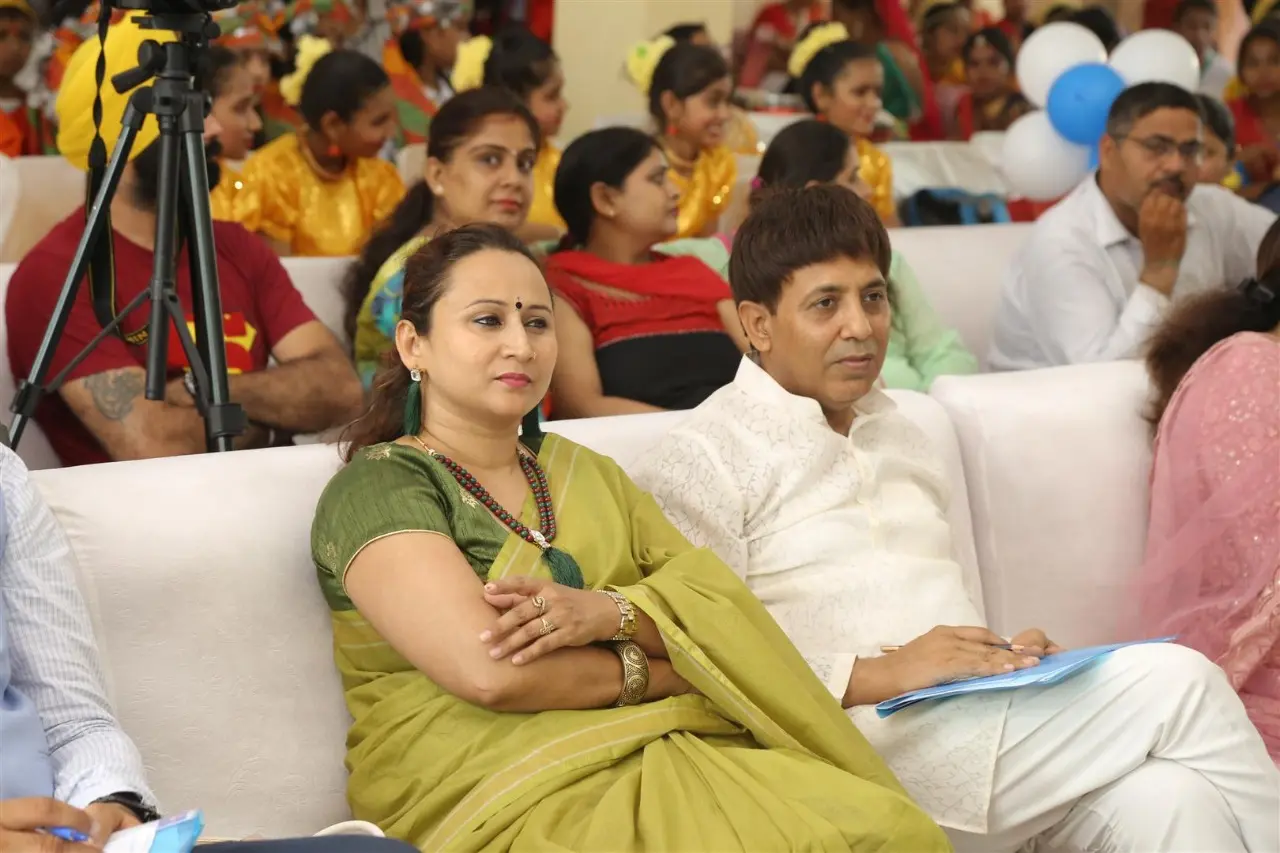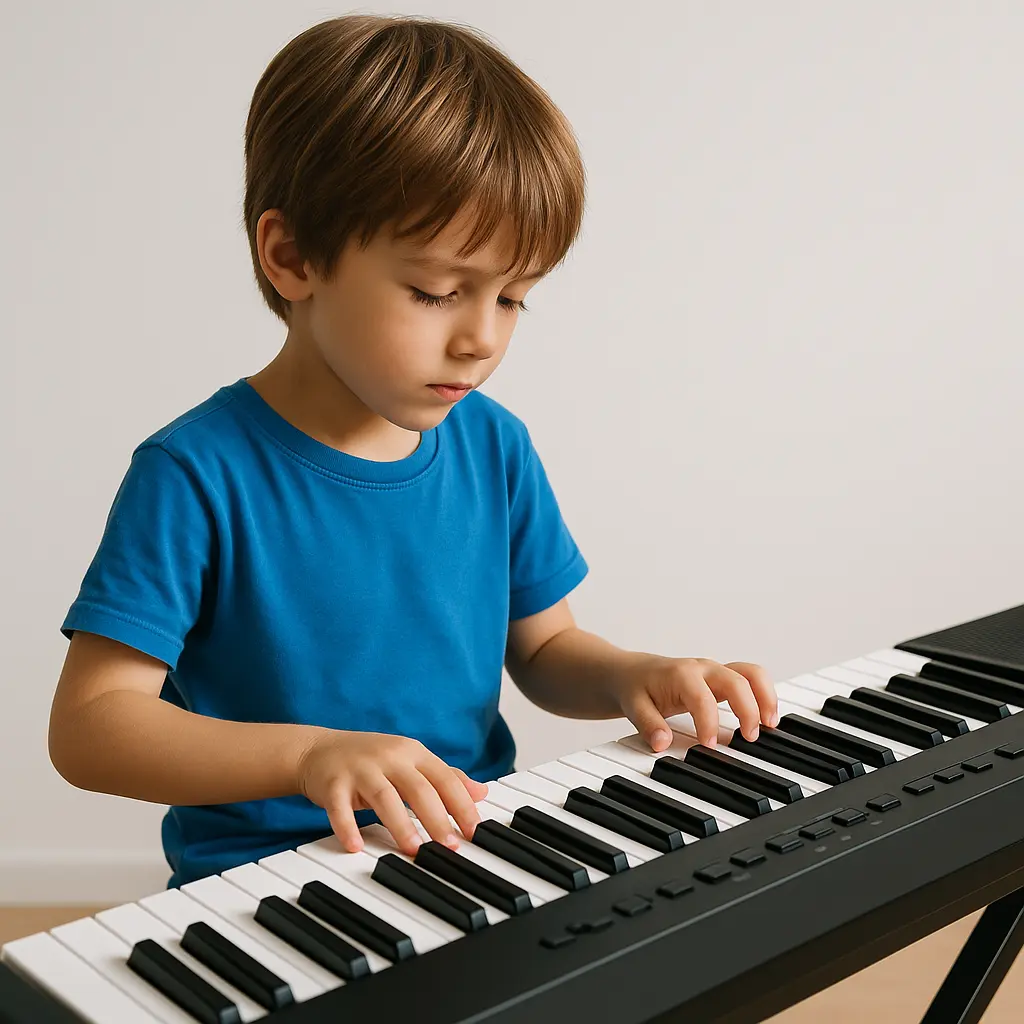
🧠 1. Music Boosts Mental Peace & Concentration
In today’s fast-paced and highly competitive academic environment, students often experience stress and mental fatigue. Music can be the perfect antidote.
Numerous studies have proven that listening to or playing music calms the nervous system. The soothing rhythm and flowing melodies act like a mental massage, helping children:
✔️ Relax their overactive thoughts
✔️ Release anxiety before exams
✔️ Improve their concentration during study sessions
Think about it – when a student starts their day with 10 minutes of soft instrumental music or participates in a group singing session, their mind gets centered. This balance enhances their focus not only in class but also while solving complex problems.
💡 Did You Know? Schools that incorporate daily music periods report higher levels of student attentiveness and lower incidences of behavioral issues.
📚 2. The Deep Connection Between Music & Science
Music isn’t just an art form – it’s a science too. Learning music activates multiple areas of the brain simultaneously. Here’s how:
🎸 Physics in Guitar Playing – Students naturally learn about vibrations, frequency, sound waves, and resonance while plucking strings.
🎹 Mathematics in Rhythm – Counting beats, recognizing patterns, and understanding time signatures strengthens mathematical thinking.
This unique combination of creativity and analytical reasoning makes music one of the most effective brain exercises.
🧪 A research study from Northwestern University found that children involved in regular music training showed enhanced brain plasticity – the ability to adapt, learn, and retain new information faster.
So, a music period doesn’t take time away from “serious” subjects – it actually enhances students’ performance in them.
🏫 3. Why Schools Need a Daily Music Period
Unlike occasional music classes or annual day performances, a daily music period integrates art into the routine, making it as essential as Math or Science.
Here’s what happens when students engage with music every day:
🌟 Enhances Creativity – Encourages out-of-the-box thinking and problem-solving skills.
🌟 Teaches Discipline – Learning an instrument or song requires practice, patience, and persistence.
🌟 Improves Emotional Intelligence – Music helps students understand and express emotions in healthy ways.
🌟 Builds Social Skills – Group singing or band practice fosters teamwork and respect for others’ contributions.
🌟 Promotes Cultural Awareness – Exposure to diverse musical styles connects students to different cultures and traditions.
Imagine a school where the morning assembly includes a live band performance or where students take turns playing instruments for 10 minutes each day. This routine would not only brighten the school environment but also shape more confident, creative, and balanced individuals.
🌈 Music Beyond the Classroom
Music education’s benefits don’t end at school gates. It carries over into students’ homes and communities:
🎤 Students who learn music are more likely to participate in cultural activities and community events.
💖 Families report improved communication and bonding when children share songs or perform at home.
🧘 Even hobbies like playing a keyboard or singing become lifelong stress-relievers.
📌 Conclusion: Music is Education
Music is not optional—it is a vital part of holistic education. Every child deserves the opportunity to explore their inner rhythm and melody daily.
🎶 “Music isn’t just something you hear. It’s something you feel, live, and grow with.”
It’s time schools recognize that a daily music period isn’t a luxury. It’s a necessity for building balanced, happy, and intelligent human beings.
👉 Click here to read more of our blogs: https://www.deckm.in/blog/blog-1


